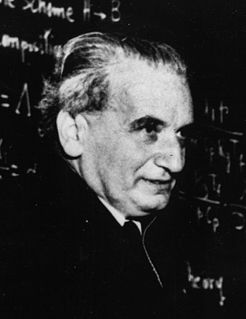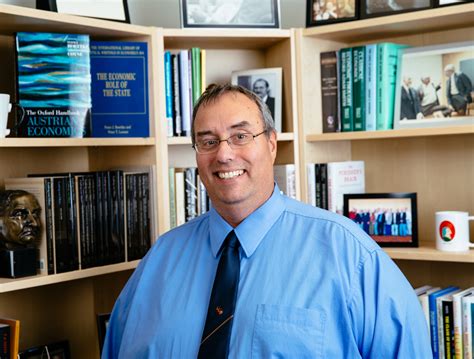A Quote by Marston Bates
A wise and well-informed humanist has taken the time to look lovingly and wonderingly at the living world around him, and to study the ways in which scientists have tried to analyze the world... THE BEST INTRODUCTION TO NATURAL HISTORY THAT HAS YET BEEN WRITTEN.
Related Quotes
I think global warming is a very real problem for our world. I've seen the changes that have taken place in the Antarctic, in the Himalayas, where the natural ice has sort of faded away, and there's no doubt in my mind that we're living in a strange world, a world which is not easy to understand or handle, But there's nothing you can do about, you just have to live your life as best you can.
I love art, and I love history, but it is living art and living history that I love. It is in the interest of living art and living history that I oppose so-called restoration. What history can there be in a building bedaubed with ornament, which cannot at the best be anything but a hopeless and lifeless imitation of the hope and vigor of the earlier world?
I look at the natural geological record as a history of the world imperfectly kept and written in a changing dialect; of this history we possess the last volume alone, relating only to two or three countries. Of this volume, only here and there a short chapter has been preserved; and of each page, only here and there a few lines.
The question now at issue, whether the living species are connected with the extinct by a common bond of descent, will best be cleared up by devoting ourselves to the study of the actual state of the living world, and to those monuments of the past in which the relics of the animate creation of former ages are best preserved and least mutilated by the hand of time.
Spiritual power is a force which history clearly teaches has been the greatest force in the development of men. Ye. we have been merely playing with it and never have really studied it as we have the physical forces. Some day people will learn that material things do not bring happiness, and are of little use in making people creative and powerful. Then the scientists of the world will turn their laboratories over to the study of spiritual forces which have hardly been scratched.
I've written almost 200 songs with Bad Religion. No matter where you look in our history, the focus has been trying to instill some of these disturbing realities about the world, some of the implications of evolution into an artistic format that can be interpreted by people who may never study evolution.


































